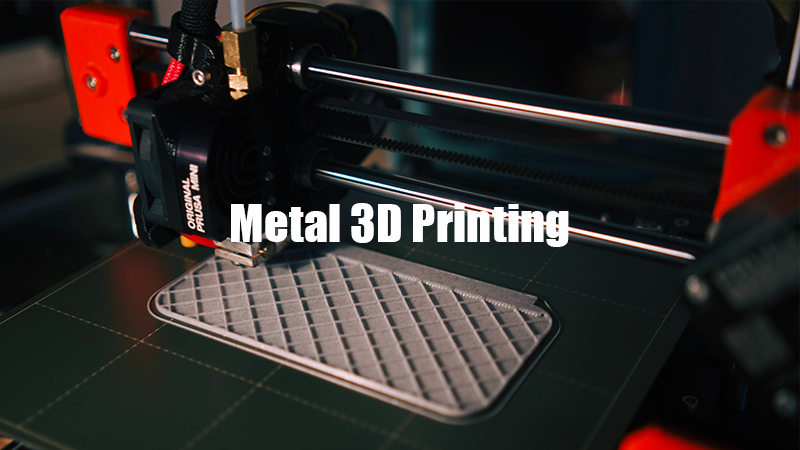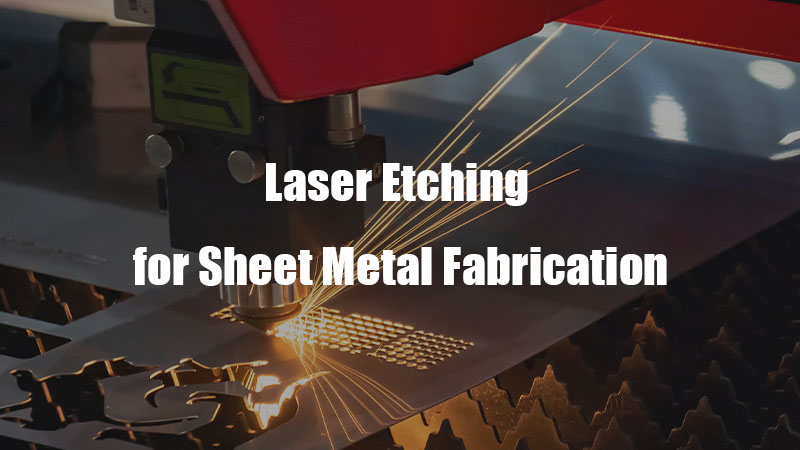What is Copper
Copper is a production ingredient and it is dominated by its destructive ability and effectiveness. Therefore if you are in electronics, construction or any part of the automotive industry, it might be helpful to have at least some knowledge of the copper. Due to its unique characteristics, it has to be applied for a number of processes, with the help of which it is possible to adjust your production or manufacturing processes, as well as enhance the quality of products being produced.
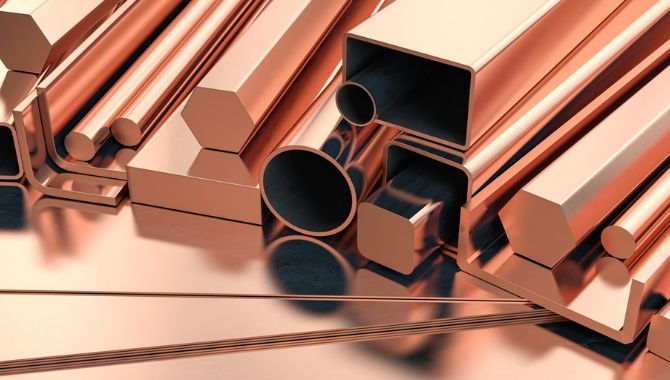
Properties of Copper
Copper noted for having higher physical properties that makes it more favourite in various sectors.
- Electrical Conductivity: Copper comes second on the list of best conductors of electricity and this is after silver. It is therefore suitable for any units that has or contains wires or any type of connectors that transmits energy. Copper discharges the least of the power produced in it and allows the electric systems to work at the most optimum levels.
- Thermal Conductivity: The second is that copper is an excellent conductor of heat, this may be the reason why in cooling systems and heat exchangers it is used. It has a fast heat transfer rate, and it is applied in cooling of machines or electronic equipment. This feature maintains efficiency of your equipment and makes sure they do not get hot when they are in use.
- Corrosion Resistance: Unlike, iron or steel it is not rusty and instead forms a greenish-grey patina that negates the formation of rusty surface. This makes copper suitable for outdoor use, and areas where it would prefer to have lasting wonders for quite a long time.
- Strength and Malleability: Copper is also very strong and has a rather good capacity for elasticity while bending, to the actual essence of strength. The same type of agility is essential for the development of more robust and flexible manufacturing systems. It ensures that the structural integrity of the resulting range that you can create is not compromised in any way.
- Ductility: Copper is very ductile electrically and may be made into post wires This is useful when wiring application or part manufacturing requires fine and easily bendable wires or parts. It is also a ductile metal which means it can be shaped into various complicated patterns and awkward forms that are required in various innovations and constructions.
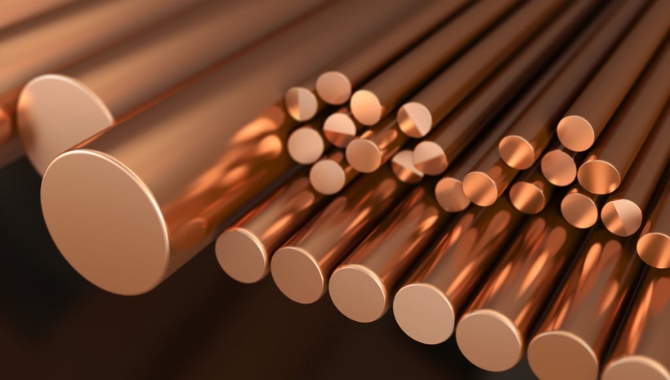
Types and Alloys of Copper
It is available in many different forms and alloys that are catered specifically to various manufacturing requirements. This guide lays out which type is best when it comes to your projects.
- Pure Copper: Generally used where the best electrical conductivity is required (such as for transformers), and in special cases to reduce wear by abrasion. It is used for electrical wiring, plumbing and industrial machinery. It is ideal for these roles since it has great electrical and thermal conductivity.
- Brass (Copper-Zinc Alloy): Brass is a mix of copper and zinc, providing much strength as well as corrosion resistance. This is suitable for plumbing fixtures, used in decorative purposes and musical instruments. Its strength and appearance of the alloy is integrated for use both in structural areas as well ornamental.
- Bronze (Copper-Tin Alloy): Another elemental combination, copper and tin make a product called bronze which has the benefit of high toughness and wear resistance. For example, this makes it very suitable for bearings and gears as well sculpture. Friction capability and corrosion resistance in combination make the alloy to last longer under tough conditions.
- Copper-Nickel Alloys: Alloys containing copper and nickel are recognized for their corrosion resistance particularly when used in marine applications. These alloys are known to be used in construction of boats and ships, in water desalination plants and in the minting of coins. They are suitable where high heat and or corrosive environment is expected like in the marine and industrial applications.
- Copper-Beryllium Alloys: Copper-beryllium is one of the finest alloys of copper because of its strength and heat transfer ability. These alloys are frequently employed in cages of precision tools, aerospace constructions and electrical connections. Beryllium increases the strength of the alloy and also improves the conductivity factor at the same time.
- Copper-Titanium Alloys: They are known for their high strength, wear and corrosion resistant properties due to presence of copper titanium alloy. These are applied in the automobile industry for the forming of parts, aircraft industry for the fabrication of parts and electronic industries for manufacturing connectors. Their mechanical properties qualify the alloy for heavy usage.
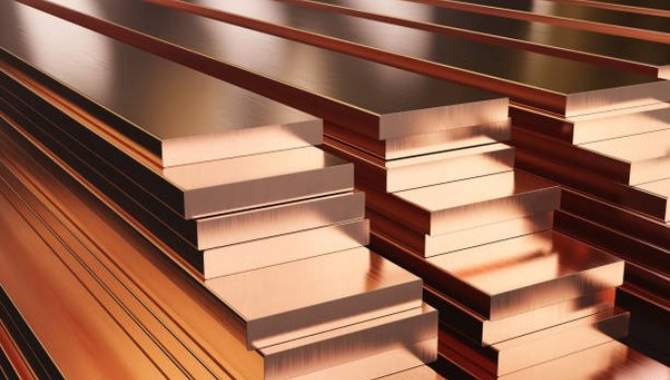
Applications of Copper in Manufacturing
It is this versatility and an array of unique properties that make it invaluable across a wide range of industries.
- Electrical Industry: Copper is an excellent electrical conductor, which makes it suitable for use in wires, printed circuit boards and transformers. This enables the pusher to supply enough power and waste less.
- Plumbing: Copper pipes are typically used in plumbing applications because it will not rust or corrode and is a very dependable long-lasting form of pipe. Water Bonds are a safer and more stable way of water conveyance on long term basis.
- Automotive: Copper plays an important role in the manufacturing of radiators, brake systems and wiring harnesses. Such systems are designed to be perfect regarding heat dissipation and conduction, ensuring that they can work safely even with these issues. The copper also makes your car better-performing, and safer.
- Construction: Copper is used in construction for roofing, cladding and plumbing. Its anti-corrosive and longevity features make it an excellent solution used in outdoor construction materials. Hence, the use of copper in your construction projects will lead to fewer replacements and hence lower overall maintenance costs going forward.
- Aerospace: Copper alloys are consumed in aircrafts for their high-strength and performance quality remains at elevated temperature. There is even an application in the field of engine and electronic systems that require high performance under extreme conditions. When used in this way copper has the durability and high performance required for aerospace.
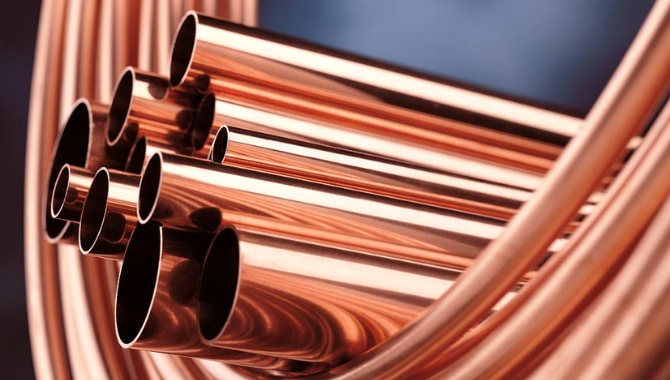
Downsides and problems with Copper
Despite its benefits in manufacturing, copper does come with challenges:
- Higher Material Costs
Copper is also usually more costly than aluminum or plastic. This may drive up costs, especially if it is to be used in bulk. You may have to wonder if the advantages make sense for a higher cost.
- Corrosion in Mechanical Environments
Although offering good overall corrosion resistance, environments high in sulfur or ammonia can cause copper degradation. Under such circumstances, corrosion resistance (and therefore performance) may need to be preserved using protective coatings or alloying with other metals.
- Handling and Processing
For example, copper is a softer metal than many others and that means it can be scratched or deformed as during handling & processing. During manufacturing, a lot more care will need to be taken for not causing quality problems in the final product.
- Recycling and Garbage
While recycling copper is possible, the process of doing so may be central to that complexity and can involve a lot of energy. You must dispose of it properly and recycle to prevent further environmental damage — while fully leveraging the longevity, and sustainability benefits that copper has to offer.
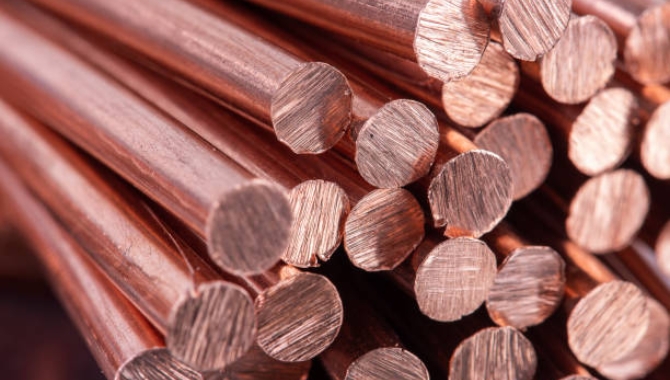
FAQs about Copper
Does Copper Rust?
No, copper doesn’t rust like iron. Instead, it grows a green patina called verdigris, which protects the metal from any further corrosion. It will develop a natural patina over time, which may even be something of an asset outdoors.
Is Copper Acceptable as a Food Processing Metal?
Copper is perfectly safe to cook with, as long as the cooking surface is lined with a non-reactive lining like tin. This coating avoids penetration of copper and food that is rich in acid, thereby it is extensively employed for kitchenware along with other sorts of culinary purposes.
Can Copper Be Recycled?
Absolutely. Copper has the highest electrical conductivity of any metal, is 100% recyclable with no loss in quality (and retains its financial value after multiple recycling cycles). So it is well in sustainable production & volume factor (larger volumes) because recycled copper easily can be re-processed back into multiple types of form without breakdown quality.
How does the Price of Copper affect manufacturing?
Copper prices, like any commodity, are likely to be dictated by global market demand and supply situation at the same time. These things can lead to variations in your cost of production. If you are in the manufacturing sector and would like to curb such challenges, it is important that you continually monitor price trends whilst ensuring your sources for copper acquisition remain efficient.
So, Does Copper Work with High Heat?
Yes, concerning convexity thermal conductivity, copper is suitable for high-temperature environments. It is widely used in heat exchangers and other devices that need to be resistant to very high temperatures.
Conclusion
Copper is a soft, relatively ductile metal that behaves most like steel in terms of malleability and durability, but has few other similarities with the commonly used material. But, again, this depends on the pricing and handling part. Having some knowledge about copper and what it does best can help you to make decisions that will enable your manufacturing processes to work at maximum.



